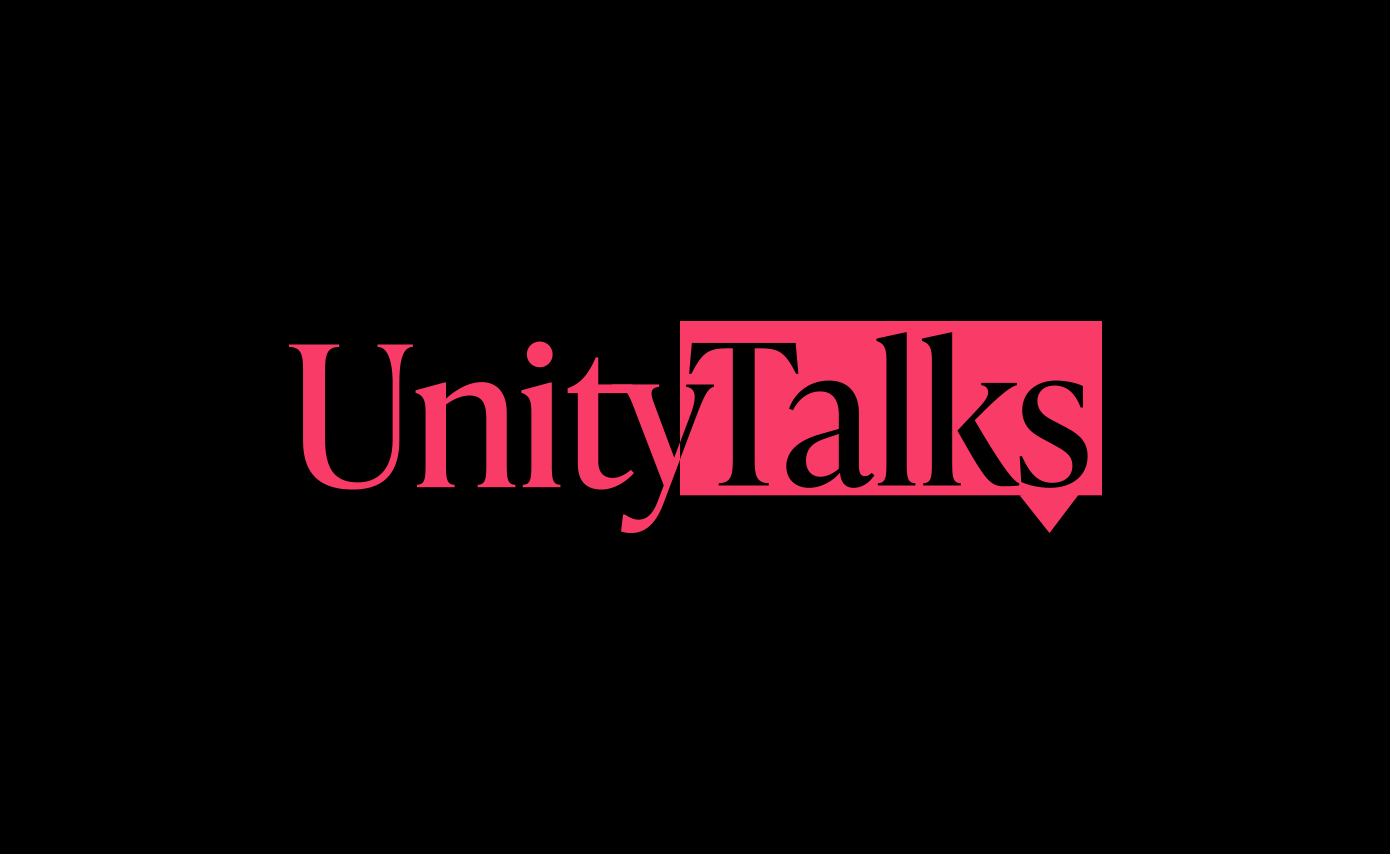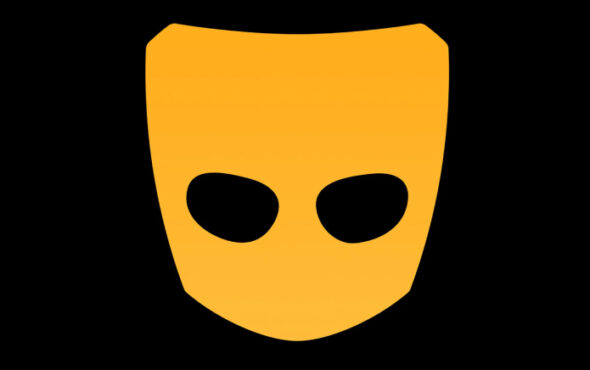
I’m interested in how people have been responding to the fact that this year, our attention has been drawn towards racism and in particular the treatment of Black people in America. I’m interested in why people that I deemed to be otherwise decent people, friends even, either went on a defensive about the fact that racism is really even a thing, or centred themselves as victims, or without realising it said some pretty racist and ignorant shit. To me, a brown person who actively and publicly talks about dismantling the system of racial hierarchy.
Racism is very real to me. After feeling pretty pissed off I reconciled that we are all in a process of learning, hence giving birth to this platform on GAY TIMES, Unity Talks. What if we faced the issues that social media doesn’t allow us to discuss freely because it pits us in opposition, and instead shared information and experiences so we can learn from each other? As a community builder I’m used to doing this in real life and I know how powerful these spaces can be. For this instalment of Unity Talks, I spoke to some of my favourite white folk to ask them one question:
“What are the things that you hear people say about race, that really wind you up?”
And why did I talk specifically to white people? Because I was curious as to what they’d say.
Jamie Windust, Author and GAY TIMES Contributing Editor
When people say that they don’t see colour, because not seeing colour is essentially saying you aren’t an active ally or partner in Black folks and POC’s lives. It’s dismissive of their experience, and homogenises all non-white people as the same, when their experiences are all vastly different and need to be listened to.
Ruth Hunt, Former Chief Executive of Stonewall
White person: “We are a meritocracy so we just want the best people for the job.”
Ruth: Complete inability to recognise how culture, systems and bias means that this is a fantasy and the numbers and statistics bear it out.
White person: “It’s so hard to be Black and I’m going to do everything I can to help you folk out.”
Ruth: Consistently positioning people of colour as victims that need saving.
White person: “I’d like to take this opportunity to tell you all the hundreds of ways I’m a White Ally and how I feel about BLM and racism and blah blah blah.”
Ruth: Stop talking.
White person: “I’m so shocked and hurt that you think I was racist when I made that comment. I’d now like to talk at length about how I feel about your observation and all the ways I didn’t mean to be racist and all the work I’ve done that means I can’t be racist and oh my god what can I do.”
Ruth: Apologise. Then stop talking.
Alexis Caught, Podcast Host
What I find troubling? When people equate experiencing racism and homophobia as the same and try to pit one against the other in a “who’s got it worse” competition where nobody wins. It often comes out in phrases such as “When will the Black community take a stand against homophobia?” or “I don’t see the Muslim community supporting Pride”. We talk about “the Black community”, “the Muslim community” and “the LGBTQ+ community” as if they are monolithic things where we all think, believe, feel the same things and vote the same way…but the reality is that we don’t.
We cannot hold back our individual or community support for anti-racist action, on the condition that our own demands for anti-homophobia stances are met. Doing so only damages our queer brethren who are POC, robbing them of a sense of safety and belonging which they have every right to feel in our scene, in our clubs, on our apps.
Racism, Islamophobia and homophobia are not the same experiences, they manifest and impact in different ways, but they are all designed to put us down, keeping us beneath a ruling sect. We cannot fight for equality for ourselves, and not fight for equality for everyone. Without equality for all, we’re not actually really fighting for equality – we’re fighting for preferential treatment. Instead, we should extend the hand of solidarity, and challenge ourselves to do better, and fight for freedom, equality and respect for everyone – regardless of sexuality, race, faith, gender, disability or income, where for once…we are all truly equal. Then, we would have the equality our community has dreamed of.
Suzi Ruffell, Comedian
I hate it when white folk centre themselves when talking about race. As a white woman I know I should listen and educate myself.
Lewis Corner, Editorial Director, GAY TIMES
White people need to understand when to correctly use the acronym BAME – in the rare instances it’s appropriate to be used – and they need to learn fast. Earlier this summer I was watching a breakfast news show when a presenter referred to John Boyega as a “BAME actor”. Now as far as I am aware, Boyega’s parents are both of Nigerian descent. Boyega was born and raised here in the UK. This makes him British and Black. Referring to him as “BAME” completely strips him of his ethnicity and cultural identity, and centres whiteness by grouping anyone who isn’t white under this broad-reaching demographic of people. At best it’s highly ignorant of white people to use “BAME” in this way, and at worst downright racist.
When we’re talking about Black injustices, communities or people, use the word Black. And that goes for any ethnicity that isn’t white. We need to stop homogenising ethnic minorities as if they are one group of people. Each ethnicity has its own challenges, injustices, needs and wants, as well as triumphs, histories and cultures. They should be respected as such and not unnecessarily lumped into an acronym that basically means ‘not white’.


